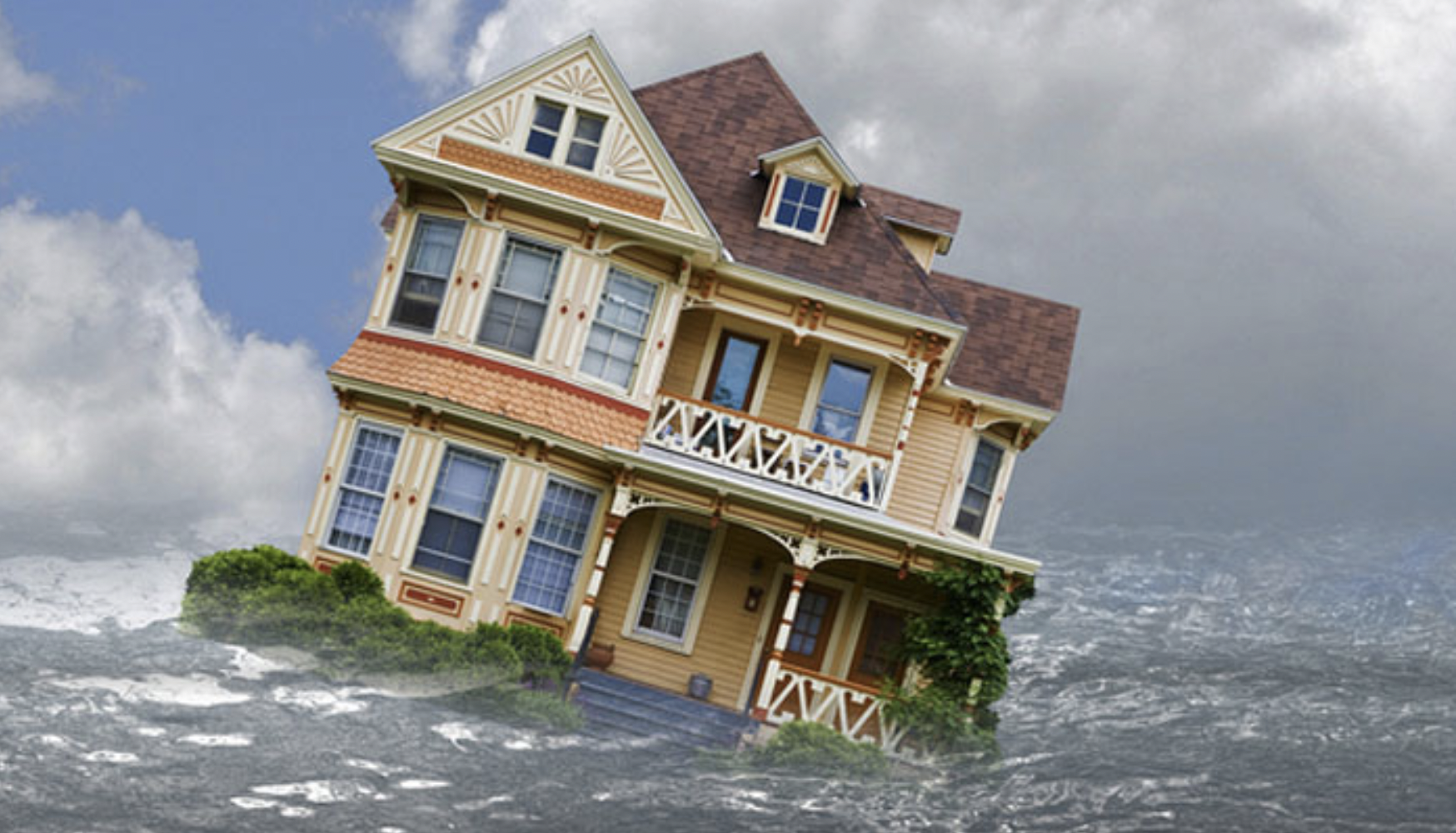Buying a home is a significant investment, and when considering properties located in flood zones, it’s important to be aware of the unique challenges and precautions associated with such areas. While flood zones can initially raise concerns, there are measures you can take to protect your investment and mitigate potential risks. In this article, we explore important factors to consider when purchasing a house in a flood zone and highlight strategies to safeguard your property.
Thoroughly Research Flood Zone Information
Before buying a home in a flood zone, it’s crucial to conduct comprehensive research on the flood zone designation, flood history, and flood insurance requirements. Familiarize yourself with local floodplain maps and seek information from government agencies or experts. Understanding the specific risks and flood mitigation measures in place will empower you to make informed decisions.
Obtain Flood Insurance
One of the most important steps to protect your investment in a flood zone home is securing flood insurance. Traditional homeowners’ insurance policies often do not cover flood-related damages. When obtaining flood insurance, you can safeguard your property and belongings against potential flood damage. Work with insurance professionals to assess your coverage needs based on the flood zone classification and your property’s specific characteristics.
Engage a Professional Home Inspector
When buying a home in a flood zone, hiring a professional home inspector is essential. They will evaluate the property’s structural integrity, including the foundation, basement, and drainage systems. A thorough inspection can identify potential vulnerabilities and provide insights into the property’s ability to withstand flood events. This information will help you make informed decisions and plan necessary flood-proofing measures.
Understand Flood-proofing Techniques
Flood-proofing involves implementing measures to minimize flood damage and protect your home. Some common techniques include installing flood vents, raising electrical systems, waterproofing basements, and utilizing landscaping strategies that promote proper water drainage. Consult with floodplain managers or professionals with expertise in flood-proofing to determine the most suitable methods for your property.
Evaluate Elevation and Landscaping
Consider the elevation the property in relation to the floodplain. Higher elevations can reduce flood risks, but it’s important to assess how water flows within the area during heavy rain or flooding. Additionally, landscaping plays a vital role in flood protection. Proper grading, strategically placed vegetation, and retaining walls can redirect water away from the home, mitigating potential damage.
Community Flood Mitigation Efforts
Explore the flood mitigation efforts and infrastructure in the community. Flood control channels, levees, and other measures implemented by local authorities can significantly reduce flood risks. Investigate the community’s emergency response plans and assess their effectiveness in mitigating flood damage. Active community involvement and collaboration can enhance overall flood resilience.
Consider Financial Incentives and Assistance
Government programs, grants, and low-interest loans may be available to homeowners in flood-prone areas. Research federal, state, and local initiatives that provide financial assistance for flood-proofing measures or insurance premiums. These programs can help offset costs and encourage proactive measures to protect your investment.
Seek Professional Guidance
When buying a home in a flood zone, consult with real estate agents, floodplain managers, insurance professionals, and experienced contractors. Their expertise will provide valuable insights into flood-related matters, regulations, and available options. Their guidance will help you make informed decisions and navigate the complexities of buying and protecting a home in a flood zone.
Buying a home in a flood zone doesn’t have to be discouraging. By considering important factors, conducting thorough research, and implementing proactive measures, you can protect your investment and mitigate potential risks. Understand the flood zone designation, obtain flood insurance, and engage a professional home inspector to assess the property’s vulnerabilities. Learn about flood-proofing techniques and evaluate elevation and landscaping to minimize flood damage. Explore community flood mitigation efforts and take advantage of financial incentives and assistance programs. Seeking guidance from professionals in the field will ensure that you make informed decisions throughout the process.
Remember, owning a home in a flood zone doesn’t automatically mean disaster. Many homeowners successfully live in flood-prone areas and enjoy their properties by taking appropriate precautions. With proper planning, flood insurance, and flood-proofing measures, you can significantly reduce the impact of flooding and protect your investment.


 Facebook
Facebook
 X
X
 Pinterest
Pinterest
 Copy Link
Copy Link


